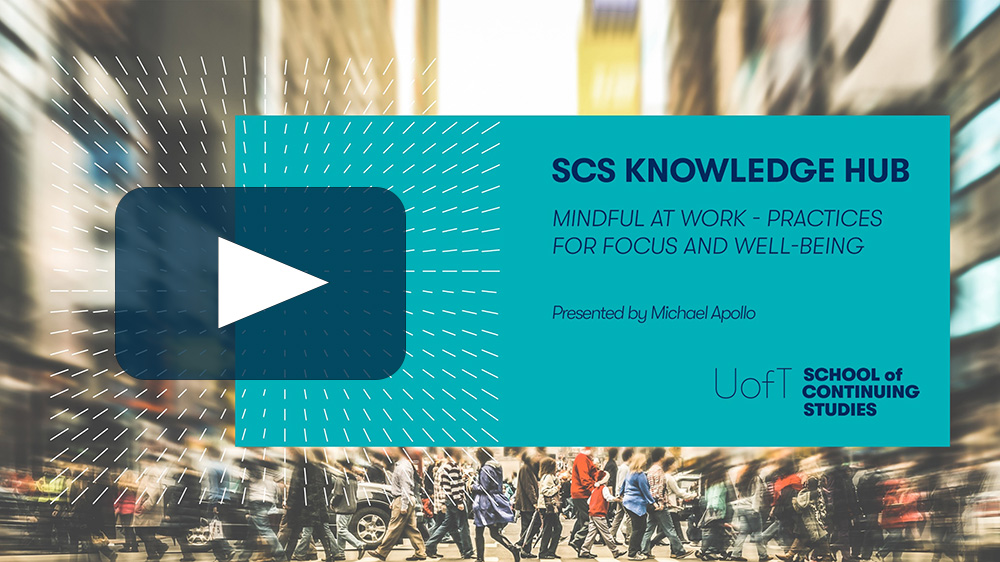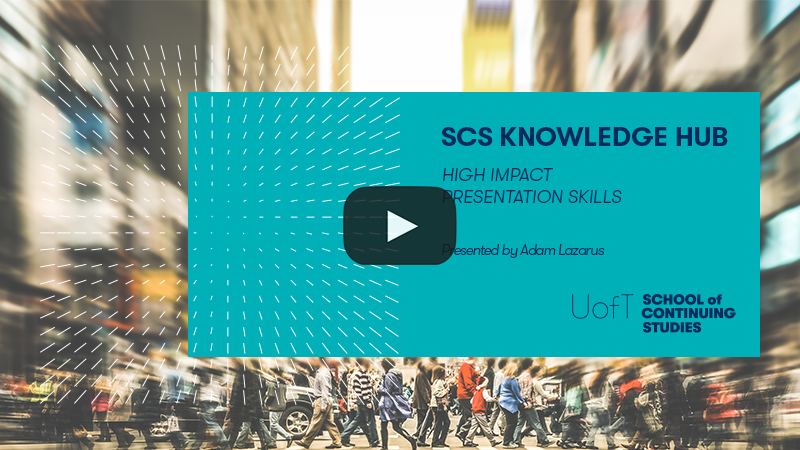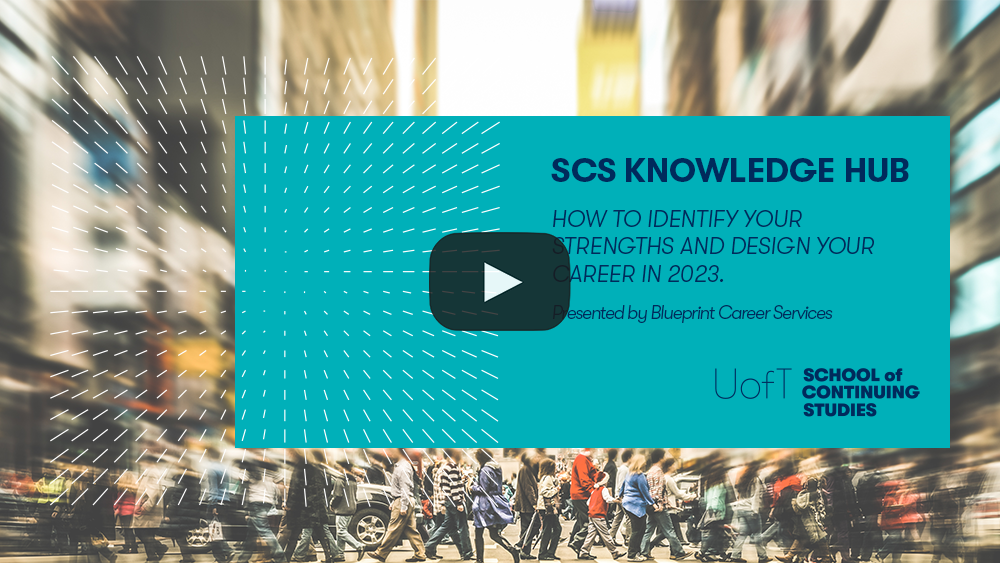
“Intrapreneurs are well positioned to become change agents within their organization because innovation by definition is a novel way of doing something in a different and better way.” – SCS instructor Ferhan Bulca
While many people are aware of the concept of entrepreneurship (when someone comes up with their own idea or product and uses it to start a business or businesses, finding success by taking risks) you may not be as familiar with the idea of intrapreneurship.
According to SCS Business Innovation instructor Ferhan Bulca, intrapreneurs and entrepreneurs share a similar mindset.
“The differences between intrapreneurs and entrepreneurs are very subtle. Intrapreneurs do it for an organization whereas entrepreneurs build their own companies,” he explains.
“When I look at the fundamental drives behind these two types of people, intrapreneurs do it because they’re passionate about the solution and solving every problem for their customer base and they’re happy to do this in an organization, for somebody else.”
So why is intrapreneurship so important to organizational success? Here are three reasons to encourage intrapreneurship in your organization:
To boost employee morale
Encouraging your team members to flex their creative problem-solving muscles and rewarding them when they come up with and follow through on ideas to further your organization’s goals is a clear win-win. Cultivating an environment where intrapreneurship is valued and rewarded, and where employees can see their work makes a measurable difference, will help keep them motivated, and help your organization to retain top talent.
To Increase Agility
With the rapid evolution of technology and social change of the past few years, it has never been more important for organizations to respond to change quickly and nimbly. A team that is accustomed to taking initiative and ownership of creative solutions is crucial to your organization’s ability to quickly pivot and evolve to meet the changing needs of your customers or clients.
To Foster Innovation
“Intrapreneurs are well positioned to become change agents within their organization because innovation by definition is a novel way of doing something in a different and better way,” says Bulca.
“Intrapreneurs have to deliver this [solution] to the organization and change the way things are done currently into a new way, which requires them to be change agents.”
Want to learn more about intrapreneurship? Check out our Business Innovation courses, now open for registration.














